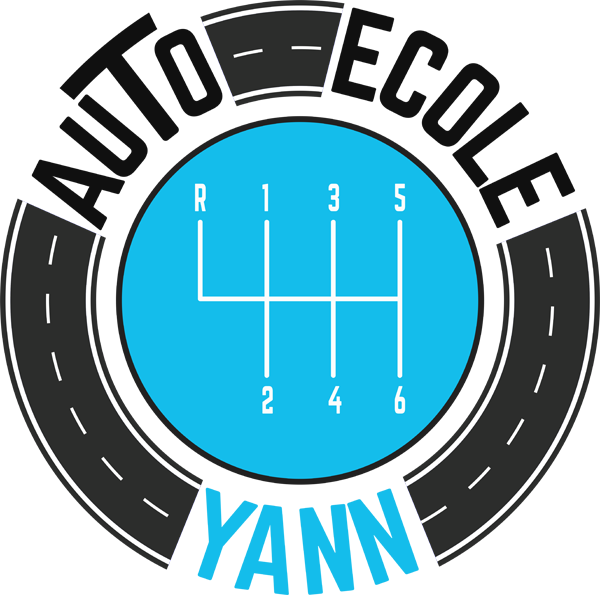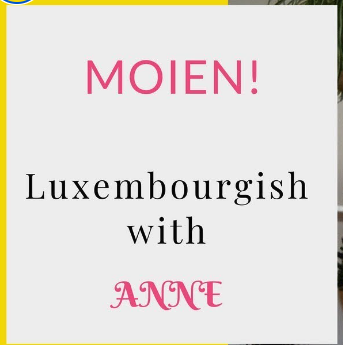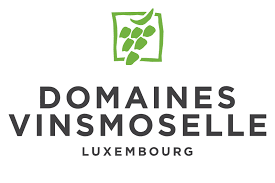Everything You Need in One Place
🏠🏪🛒🎉💬👋🏷️📖
Housing
Rentals, rooms, and properties
Local Business
Expat-friendly services and freelancers
Buy & Sell
Pre-owned items from your neighbors
Events
Meetups, workshops, and social nights
Discussions
Community Q&A, advice, and tips
Meet PeopleMembers
Connect by interests and location
Discounts
Exclusive deals from local partners
Stories
News, guides, and expat experiences
What's Happening Right Now
View AllUpcoming Events
View AllChat Directly. Easier Access.
Find what you need. Chat with sellers, landlords, businesses, and community members directly.
MJ
Martin Jean
Online
Hi! Is the apartment in Kirchberg still available?2:30 PM
Yes it is! Would you like to schedule a visit this week?2:31 PM
That would be great, how about Thursday evening?2:32 PM
CM
Crea Movers
Online
Hi, I need help moving to Gasperich next month.10:15 AM
Sure! How many rooms? We can give you a quote today.10:16 AM
It's a 2-bedroom. That would be perfect!10:17 AM
Businesses Partnering with LuxExpats
Local businesses, freelancers, and service providers who make life in Luxembourg easier — all part of our community.
Are you a business? Join our ecosystem.
Flexible options for freelancers, small businesses, and enterprises. We work with you.
Ready to Get Started?
Whether you're new to Luxembourg or have been here for years — there's a place for you here.
















